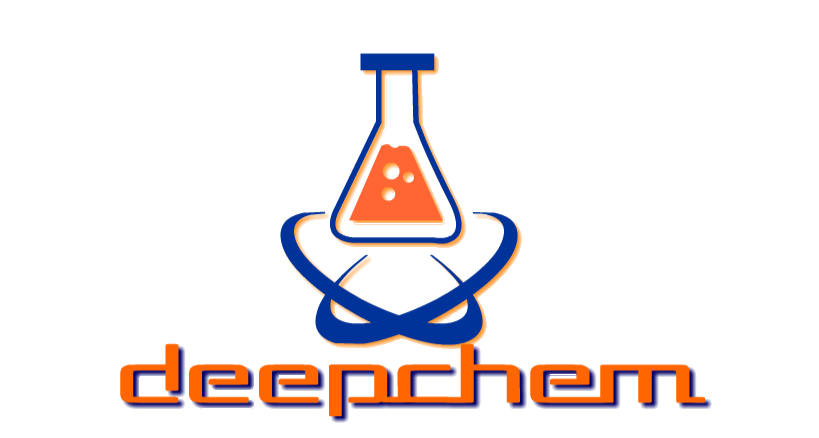Hello Dear DeepChem Team,
I am writing about my interest in contributing to DeepChem’s “Pytorch Porting” idea during Google Summer of Code. First, I would like to tell you a little about myself, and then I would like to talk about how I can contribute to this issue. Thank you in advance, I would be thrilled to contribute to the work of the highly talented scientists and engineers there, with or without a GSOC award. I also want to add that I am a computer science masters student and I am also working. Actually, considering the 12-week limit, I was aiming for 175-hour projects, but if you do not limit this process with GSOC, I would like to convey that I can support the project beyond 12 weeks until it is completed.
I graduated from the physics department in 2023, I was a physics department, but my interest was always in computer science, so during my undergraduate education, I took part in two machine learning projects as an intern researcher, one of them was a deep learning project that aimed to identify families of proteins by looking at their molecular structure. We used the PDB database and TensorFlow. Another one was a binary classification algorithm for the largest telecommunications company in Turkey, which looked at the technical specifications of the customers’ internet connection (for example, the amount of signal they receive from the switchboard, the type of cable they use, etc.) and determined whether or not they had an internet problem when they called customer service. I coded the PCA implementation of this project from scratch, so the number of features, which was around 500, decreased to 80, and there was a high level of performance gain and noise reduction. Later, in my senior year, I came second in an artificial intelligence competition and joined KPMG Turkey as a data scientist. Currently, in addition to my 2 years of data science experience, I am a Computer Science graduate student at Ege University. I have developed machine learning models in a wide variety of areas, and I think my fundamental knowledge, especially in artificial neural networks, is very good. I know about Transformers.
I have a sample study on artificial intelligence agents, in this study, when you give a project description and team members, it gives you tasks, task assignments, a GANNT chart, plans related to the project, evaluation of the project, and development suggestions, and their output as a report. I also put it live on HuggingFace Spaces, you can try it from this link: HugginFace - Project Manager AI Agent
The idea I want to contribute to within the scope of GSOC is “Pytorch Porting”. I aim to develop(port), test and document the necessary artificial neural network models.
Also, can you help me with these questions?
- Are my knowledge and experience sufficient for this project?
- Are there any topics that are needed other than the topics in the description of this idea? If so, I would be happy to help with those topics as well.
I know it was long, thank you for reading up to this point. I will be sending my resume as an attachment. I would like to convey that I am very excited and eager to contribute to DeepChem. I hope I can do quality work on this subject. Take care of yourself, and have a good day.
Sincerely,
Selcuk Senturk

